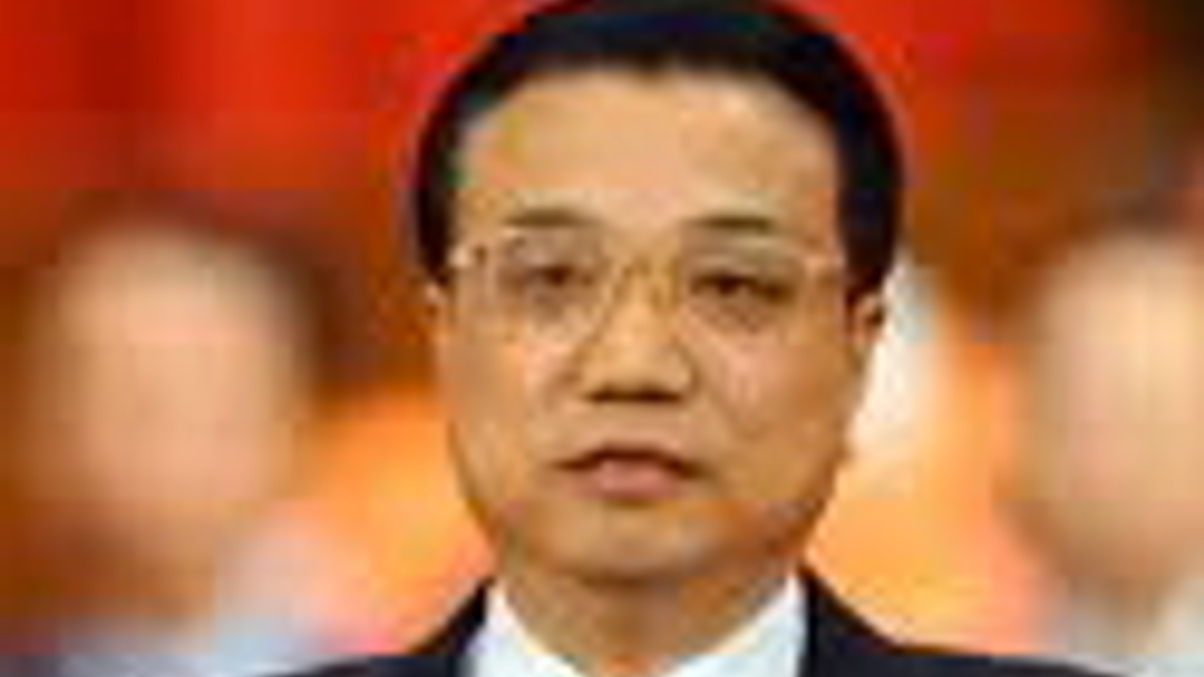China revelation from WikiLeaks too sensitive for banks
Investment bank economists turn tail and run when asked by AsianInvestor to comment on how Li Keqiang analyses the Chinese economy.

Last week, the WikiLeaks disclosure of US diplomatic cables included an admission by the current vice-premier of China, Li Keqiang, that Chinese GDP figures are “man-made”.
Sign in to read on!
Registered users get 2 free articles in 30 days.
Subscribers have full unlimited access to AsianInvestor
Not signed up? New users get 2 free articles per month, plus a 7-day unlimited free trial.
¬ Haymarket Media Limited. All rights reserved.


